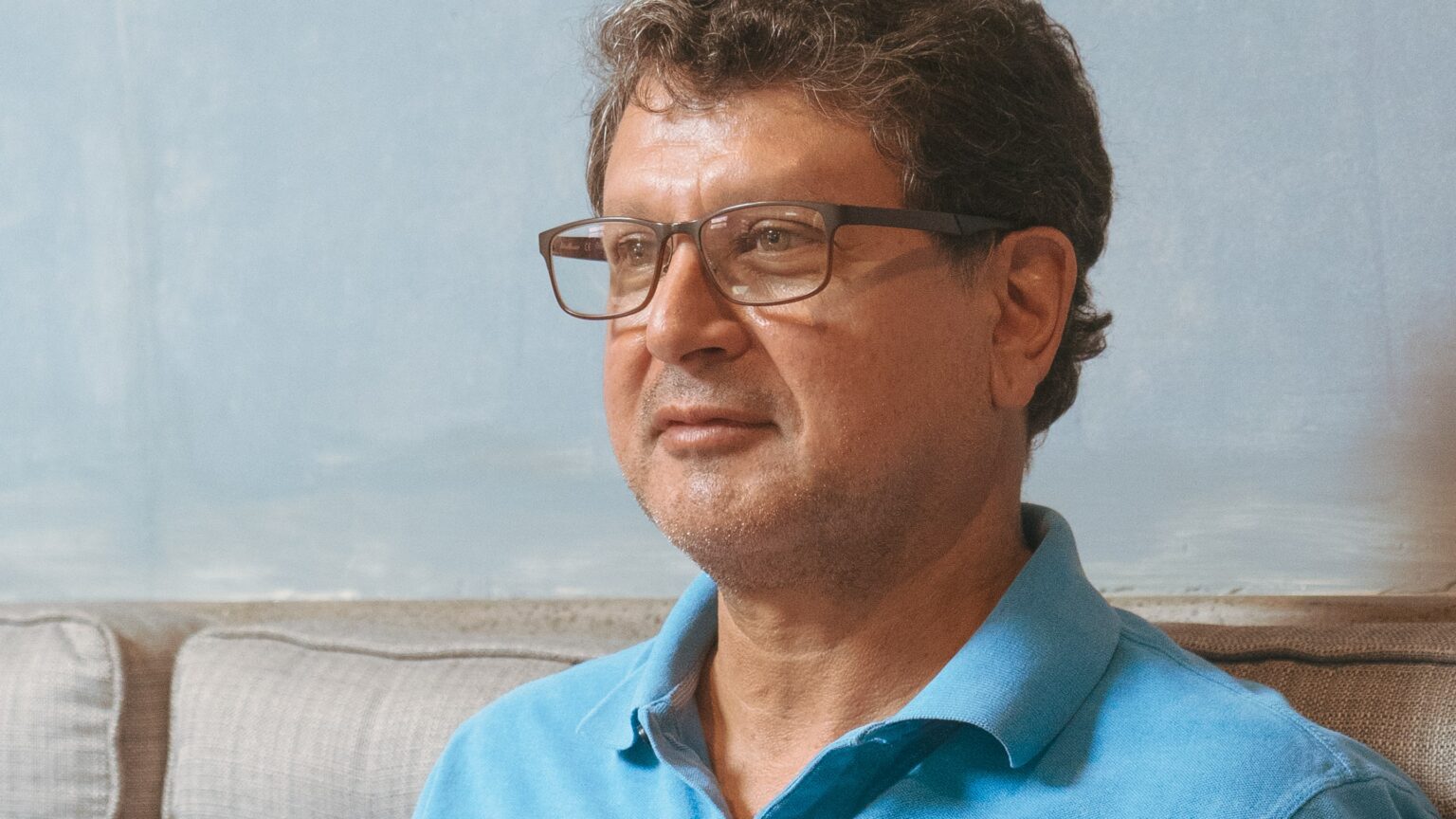
‘Persistence’ generates innovation

Meeting with Peralta Coffee
Peralta Coffee is one of Nicaragua’s leading producers and exporters of specialty coffee. Their consistent quality is highly valued by buyers around the world and its distribution volume exceeds 50 containers per year. Peralta Coffee is run by the Peralta family, Julio and Octavio who are cousins. They own seven farms and a dry mill around the city of Mozonte, near the border of Honduras, and the area is called Dipilto or San Fernando, which is famous for its coffee.
When I decided to go to Nicaragua, I remembered Cesar’s face. I’ve met Cesar, the owner of Café Integral, a roastery in New York City that specializes in Nicaraguan coffee. I met him seven years ago and I hadn’t been in contact with him for a long time, but when I emailed him asking if he could recommend any producers in Nicaragua, he introduced me to Julio, saying, ‘Peralta Coffee is the best choice.’ That was it. Café Integral and Peralta Coffee have a very close relationship as they worked together to build a roastery/café in the capital city of Managua.
We spent three intense days in Nicaragua with Julio, one of the owners. Julio is a tall gentleman with an air of class and he is a very capable and smart businessman. He has worked as a banker and worked at a telecom operator before finally finding his way to coffee production. He has visited Japan many times in the past and loves Japan so much that he is even learning Japanese. He is very sociable, has many friends and is very good at hanging out with many different people to have a good time. During the visit this time, we were very impressed by his perfect hospitality for us. The plan for our three days stay was well thought out in detail. This is the quality of the Peralta family. The family’s residences are scattered around the central town of Ocotal, near the farm, and the family lives in a mansion that has been handed down from generation to generation. Julio’s house is also located in Ocotal. I asked him about Peralta Coffee so that I could get to know his company better.

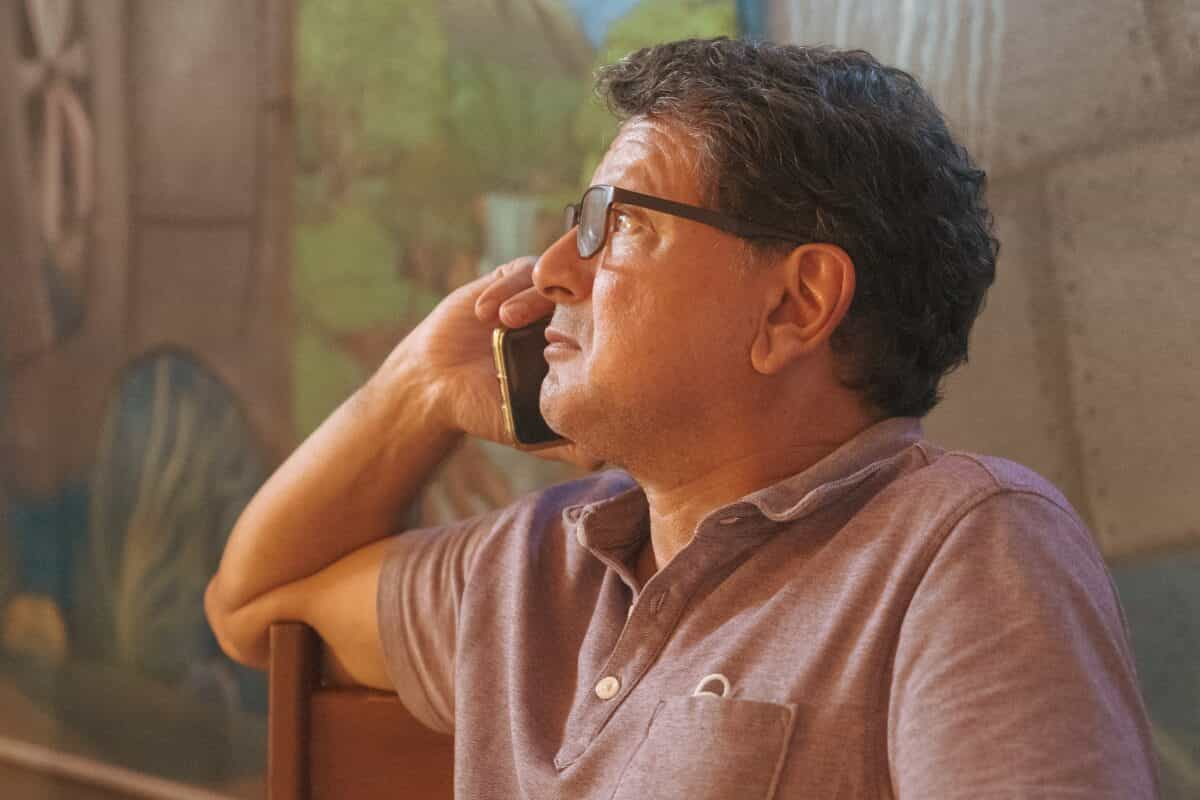
How Peralta Coffees was started.
Julio states, “Our tradition dates to the early 20th century, around 1918. Our great-grandfather purchased the land to start coffee production. The land is still owned by us today as a farm and the land was passed down to my grandfather, then to my father, and then to Octavio’s father and other relatives. Octavio and I started Peralta Coffee as a coffee exporter in 2008. We had been producing commercial coffees for the domestic market, but we decided to focus on specialty coffee and started exporting it. We grew different varieties and experimented with the different processes many times. We also began offering the service of processing coffees and exporting them on behalf of producers who share our values.”


Political difficulties
It was 13 years ago that the concept of specialty coffee began to spread and started to be known around the world. It is not hard to imagine that Julio, who is also familiar with the United States, read the trends and made his business grow steadily. However, he faced an unexpected challenge in 2018. Nicaragua experienced major political turmoil. Frustrations with the dictatorial leftist regime and poverty erupted and led to violent demonstrations that resulted in hundreds of deaths. This led the government to cease to function for several months and economic activities were paralyzed. Coffee exports started to become stagnant and the coffees produced could not be exported for a long time. Some producers were forced to throw away entire containers of coffee and a large number of workers in the coffee production industry left their jobs. In Nicaragua, where the government is increasingly left-leaning and anti-American, doing business became difficult.
Julio states, “The coffee business is a continuation of challenges and there had always been some problems going on and even before 2018 we suffered so much from the volatility of international coffee prices that we were on the verge of bankruptcy.”

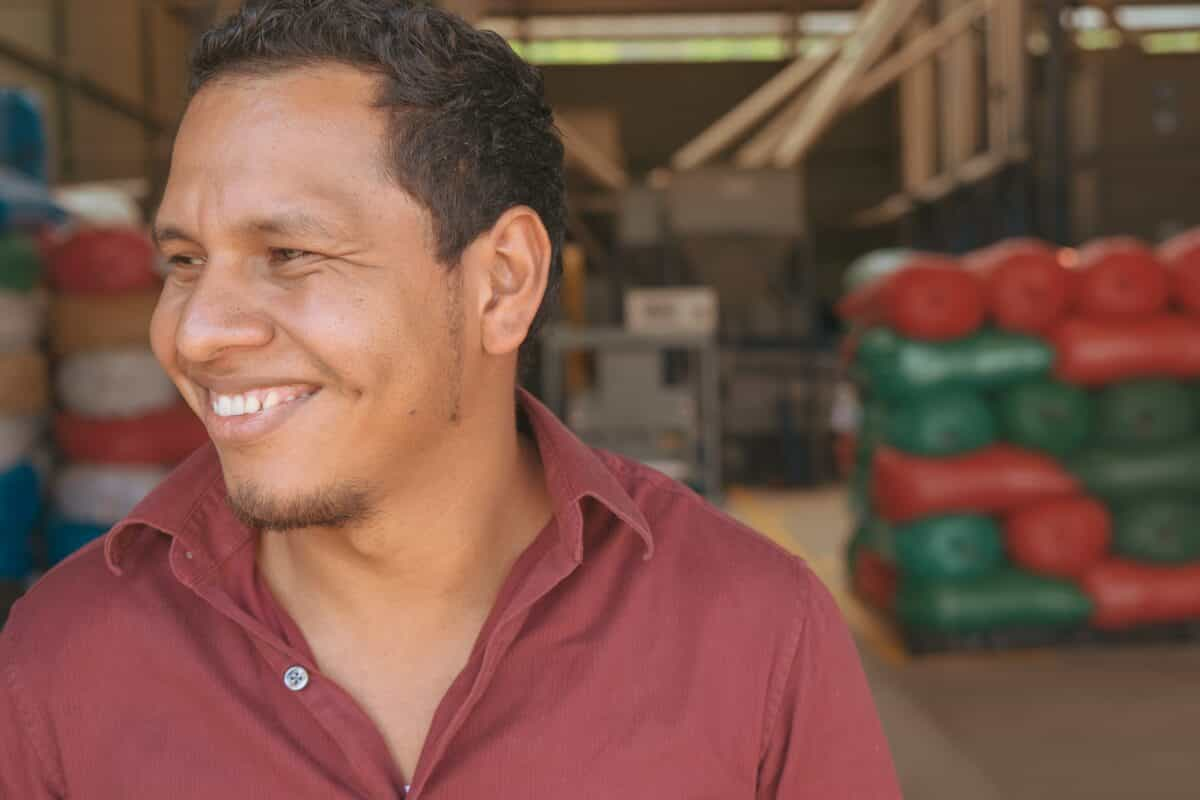
‘Persistent’ mentality
Peralta Coffee overcame many problems to become who they are today. I feel that the reason for their success lies in their thoroughness and persistence in each and every task. The mindset of Nicaraguans can be seen in their resilience.
“The history of Nicaragua is only 200 years old, but during that time, the country has been exposed to constant crises due to natural disasters such as earthquakes and hurricanes in addition to the political situations and climate change. During this time, people learned how to survive. They kept trying to move forward somehow. One word that comes to my mind to describe the mentality of the Nicaraguan people is ‘persistent.’ This can be seen in coffee production. Farmers understand that the quality of coffee is not given easily but is guaranteed through careful and precise steps in the processing of coffee. There is also a sense of trying to do the best all the time without thinking about doing it in a particular methodology and not being restricted to the older way of producing coffee. I think this is a uniquely Nicaraguan thing that you don’t find in producers from the neighboring country, Honduras, for example,” Julio states.

About sustainability
As in other coffee-producing countries around the world, the decline in the number of coffee producers and climate change have had a significant impact on Nicaragua’s coffee production.
Julio states, “In the 1980s, Nicaragua’s coffee production was severely damaged by the civil war and the government planted new coffee crops to rebuild in the 1990s, but the focus was on increasing yields. Coffee producers realized that they could enter the specialty coffee market by improving the quality of their coffee and began to grow better varieties such as Pacamara and Geisha in the 2000s. They were able to operate their farms within their means and reduce losses such as coffee cherries falling off the trees before harvesting due to lack of labor.”
“Coffee production in Nicaragua is shifting to a mindset of quality over quantity in this way. To increase productivity, it is more practical to improve quality than to increase the quantity. Many young people are not interested in taking over the coffee farming business and the government is restricting land development to protect the natural environment, so there is no room for increasing the number of more coffee farms. Most of the coffee farms in Nicaragua today have been handed down from generation to generation.”
“In addition, Nicaragua, like other coffee-producing countries, is also suffering from the effects of global warming. The lowlands are becoming drier and less rainy, and the coffee trees are not able to withstand the six-month dry season. In the past, coffee could be grown at 1,000 meters above sea level, but this is no longer possible, and this is a major challenge for coffee production. We have to protect the microclimate of the mountains and the coffee farms.”
The same problem is occurring in other coffee origins around the world. Many young Nicaraguans are moving to developed countries such as the U.S. and are not settling down in Nicaragua. Not only that, but the problem of global warming is also more serious for Nicaragua’s production areas, which are not located so high in altitude.
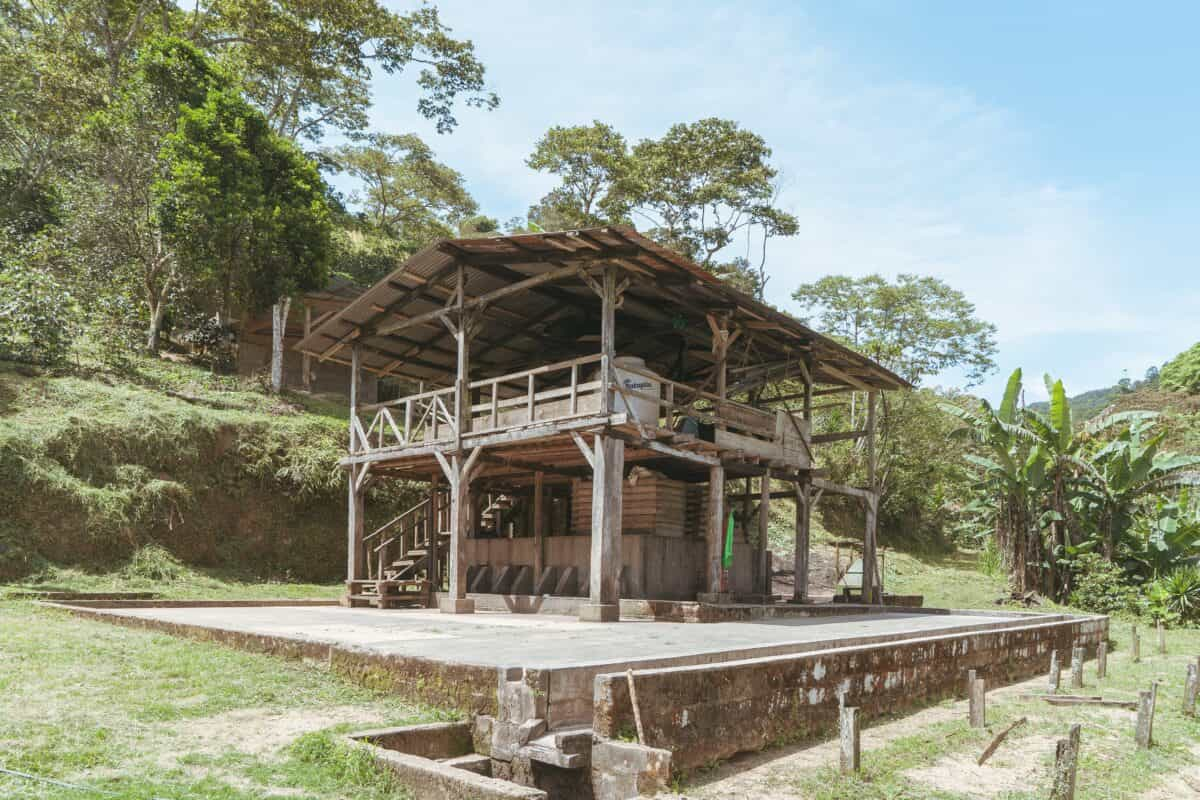
Setting anaerobic as the standard.
To improve the sustainability of coffee, it is essential to pursue the quality of coffee along with direct trade. What does Peralta Coffee need to have in order to achieve this?
Julio states, “Firstly, it’s the farmland. We learn about the soil and climate of each area and plant varieties that are suitable for the specific area. Secondly, it’s varieties like growing varieties that have the potential. Thirdly, doing proper and appropriate practices in growing and harvesting coffees. This includes controlling diseases and sunlight and then there is the processing of coffees. We are experimenting with different methods of processing coffees because we seek uniqueness in the coffees. We have been experimenting with anaerobic fermentation for three years and have decided to do most of our fermentation in anaerobic, partly because it gives us a cupping profile that we have never experienced before, and partly because the quality is more consistent.”
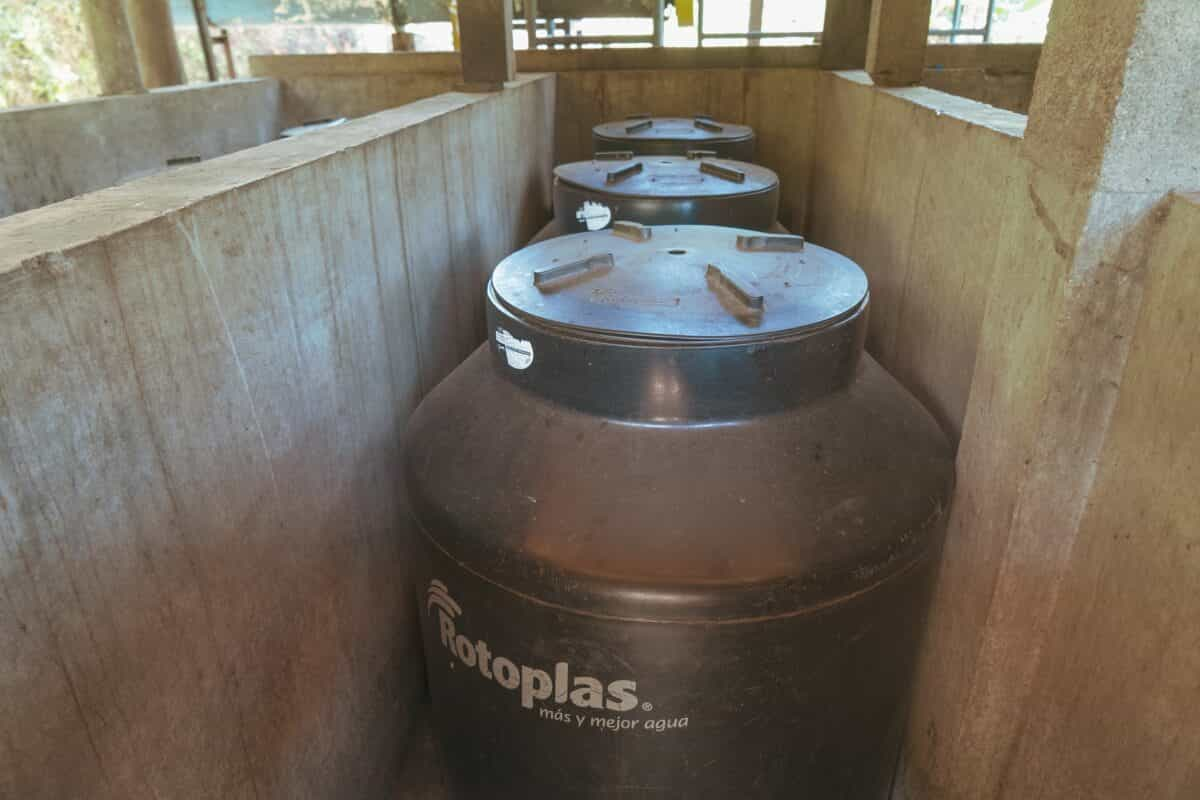
“The next challenge we are trying to take on is to extend the fermentation time. Fermentation takes place mainly on the farm, where the minimum temperature drops to 15 to 16 degrees Celsius. By keeping the temperature at 12 to 13 degrees Celsius, we can extend the fermentation time. At the moment, we are using the power of nature by circulating cold mountain water, but we are planning to invest in a cooling system in the future. This is one of our goals to create a unique quality of coffee through this kind of practice.”
Peralta Coffee’s offer list this year is dominated by anaerobic fermentation and this is not only to create funky flavors like the naturals but also to create consistency in quality through fermentation.

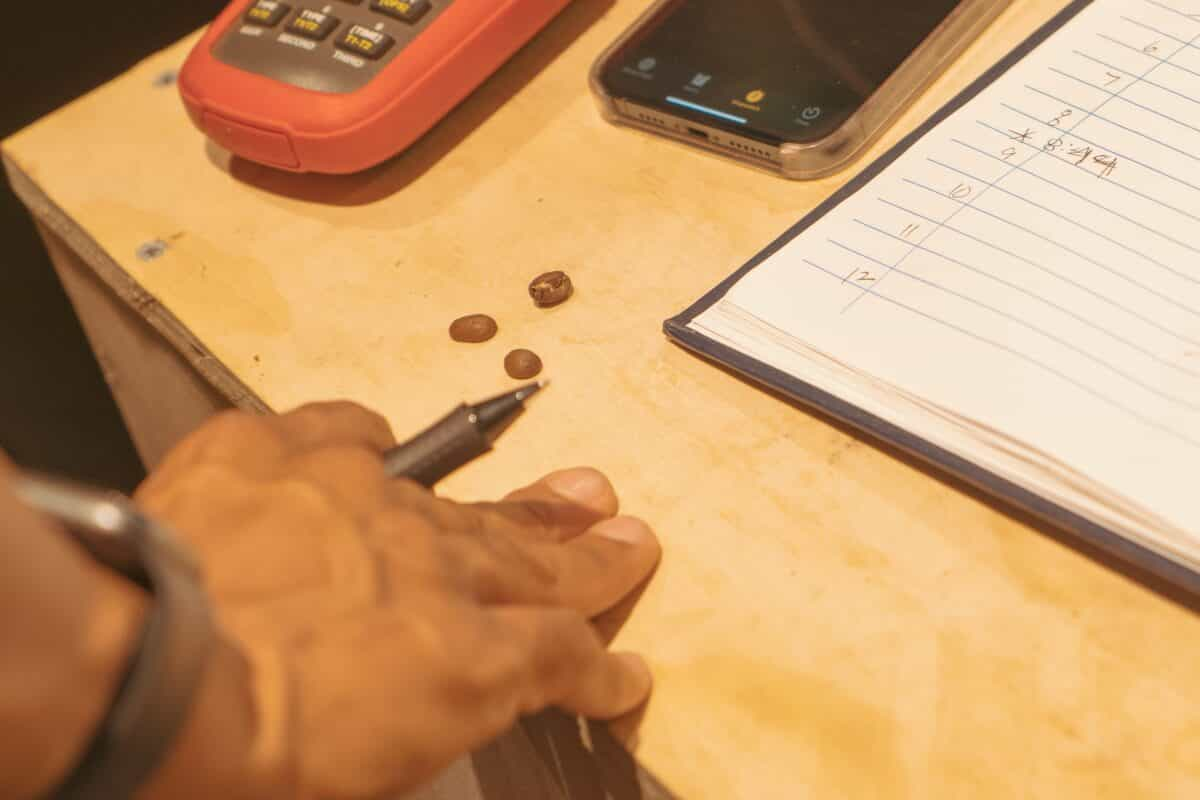
About his vision for the future
Julio states, “We want to continue to be innovative and become the most important coffee producer in Nicaragua and we want to help other producers so that other producers, who cannot yet produce high-quality coffees, will follow the path of specialty coffee. We will be able to do this as we are responsible for both the production side and exporting side. It will take more than just us to change coffee production in Nicaragua as a whole.”
Peralta Coffee is taking responsibility for the sustainability of Nicaragua’s coffee industry by focusing not just on their business but also is keen to act for it. I have a feeling that the Nicaraguan specialty coffee industry will improve more under their leadership. Our role is to make their high-quality coffees available to the world and we are sure we will learn a lot from them along the way.








